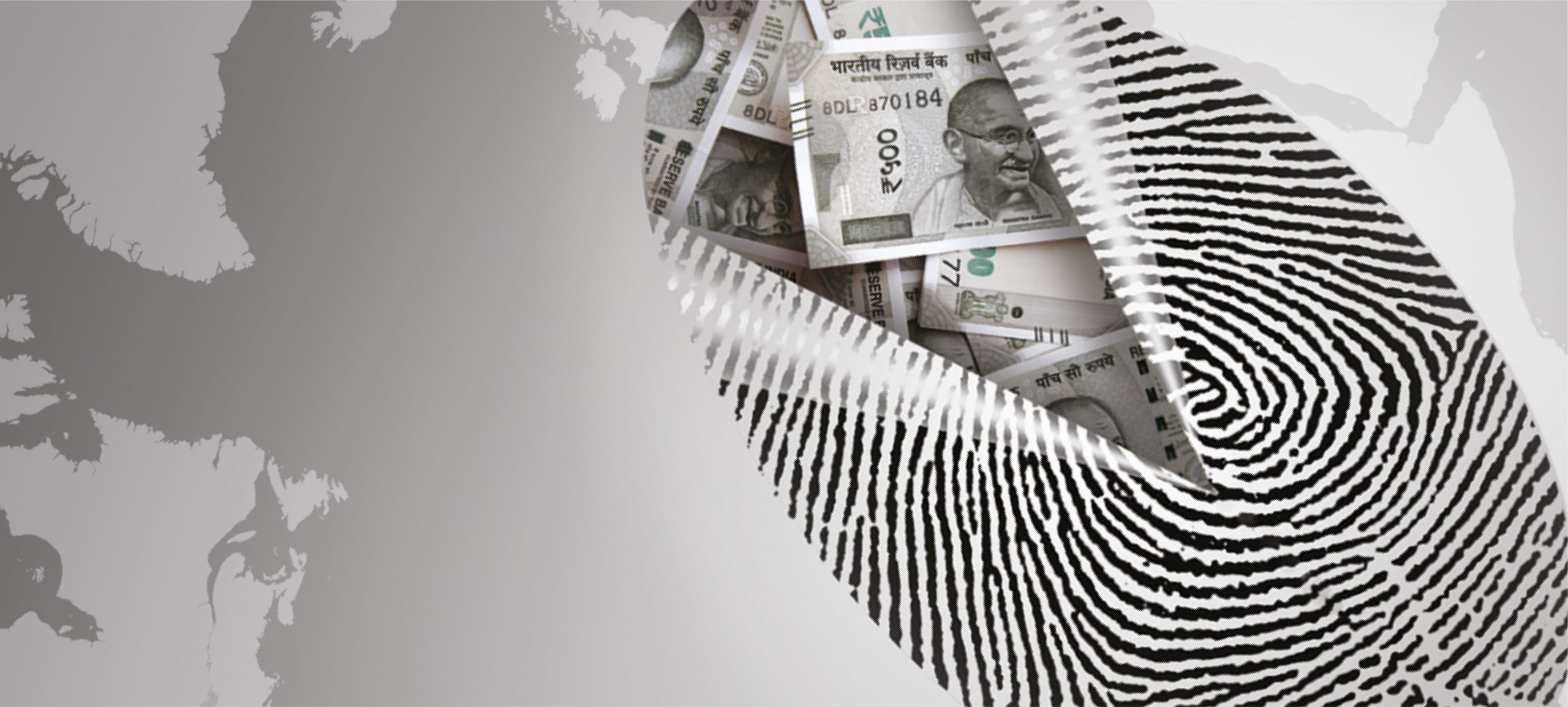
The book, Thin Dividing Line: India, Mauritius and Global Illicit financial flows talks about scandals surrounding the IPL, international companies that came under the scanner for tax evasion, black money, havala and an international criminal industry employing bankers, lawyers and corrupt bureaucrats who run an economy parallel to the world economy.
Let’s read an excerpt from the book here:
—————————————————————————————————————————————————–
The use of tax havens to not just avoid payment of taxes but evade them as well has attracted considerable attention across the world and in India. Governments levy taxes for a variety of purposes which include providing a range of services, goods and infrastructural facilities to their peoples. Tax havens, also known as low-tax or no-tax jurisdictions, enable wealthy individuals and corporate entities controlled by them to not pay taxes, legally and illegally. There is a thin dividing line between tax avoidance (often described as ‘good’ tax planning by accountants, analysts and financial consultants) and tax evasion (including money laundering and moving funds across multiple jurisdictions at high velocity, often described as round-tripping and treaty shopping). In fact, the dividing line is so thin as to be virtually non-existent.
In recent times, the governments of many developed and developing countries have been seeking to discourage the use of tax havens. One of the most talked-about such moves is the Base Erosion and Profit Shifting (BEPS) initiative of the Organization for Economic Cooperation and Development (OECD). The
OECD is a grouping of some of the richest countries in the world. The countries that had at one time actively encouraged, or even turned a blind eye towards the use of tax havens to avoid and evade payment of taxes, have today veered round to the view that such jurisdictions not only deprive governments of revenues, but also connive in a host of illicit activities. Tax havens have been used by the rich and the powerful to benefit themselves at the expense of the poor and the underprivileged, thereby widening inequalities within countries and on occasion, across nation states as well.
This book looks at the India-Mauritius Double-Taxation Avoidance Agreement (DTAA) in a global context of growing illicit financial flows. As a case study, the India-Mauritius agreement is extremely important. Roughly 40 per cent of the total inflows of foreign money into India (in the form of foreign direct investments, as well as investments in stocks, shares and other financial instruments) have been routed through this small clutch of islands in the Indian Ocean since the early 1990s. But why has Mauritius been favoured by foreign investors over more than ninety other tax havens to route their funds to India?
Two-thirds of the population of Mauritius is people of Indian origin. The country is strategically located as Mauritius is not only the easternmost point of the continent of Africa, but the westernmost point of Asia as well. In May 2016, the governments of India and Mauritius revised the tax avoidance agreement that had been in force since 1984 so as to minimize its misuse for tax evasion and money laundering. Similar amendments have been made in India’s treaties, with Cyprus and Singapore being contemplated.
The Indian government has also sought to discourage the use of overseas derivative instruments including what are called participatory notes (P-Notes) that have been used to conceal identities of those investing in the country’s financial markets. The use of P-Notes has enabled less-than-honest ‘beneficial owners’ of companies to work outside the ambit of the regulatory authorities. These steps are part of a larger effort by the government to curb the use of black money in the economy. Even as these moves are to be welcomed, they clearly constitute a case of ‘better late than never’. For decades, the so-called Mauritius Route was consciously and deliberately kept open to assist a host of dubious businesspersons, their political mentors as well as their well-wishers in the bureaucracy, and collaborators across the globe. Everyone knew exactly what was going on, but chose to look the other way.
The Mauritius Route is an integral part of the infamous nexus between business and politics in India that has fuelled the country’s political economy, and contributed enormously to furthering crony capitalism in the world’s largest democracy.
—————————————————————————————————————————————————–










